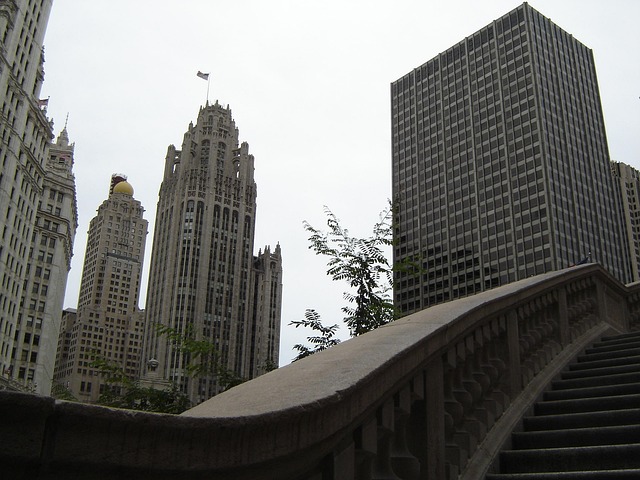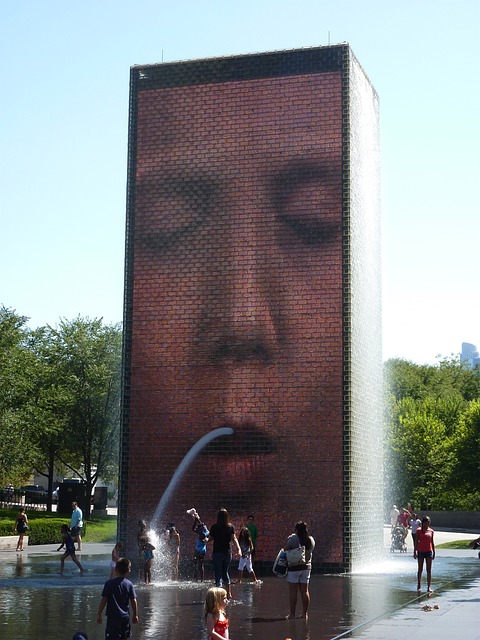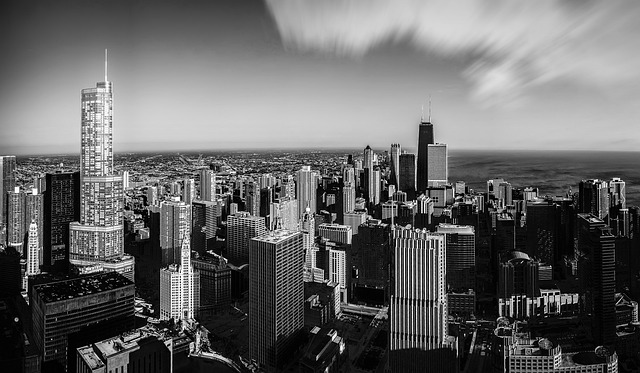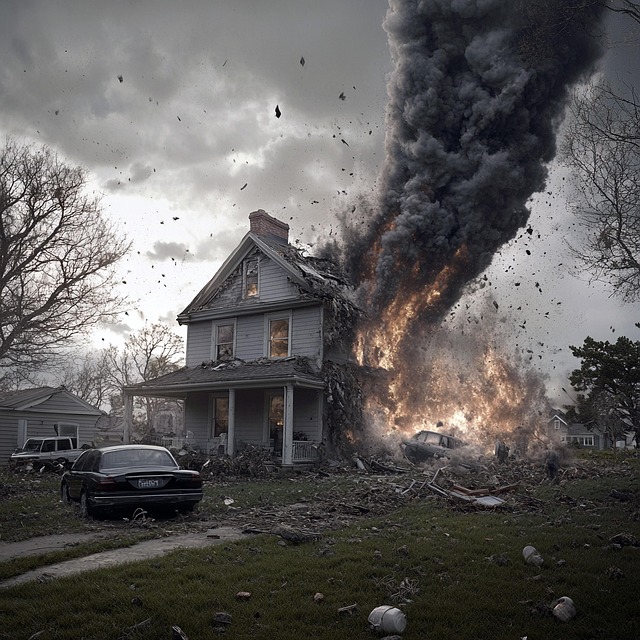Selling a home with fire damage in Chicago presents unique legal challenges under Illinois' stringent consumer protection laws, demanding transparent defect disclosure from sellers and guidance on liability concerns for both buyers and sellers. A successful sale requires specialized knowledge, including assessing and mitigating damage, hiring experienced agents, disclosing defects, negotiating repairs or price adjustments, effectively marketing the property's potential, facilitating safe showings, reviewing offers, and navigating closing procedures specific to fire-damaged properties.
“Illinois, particularly Chicago, has witnessed an increase in distressed property sales, including homes affected by fire damage. This article delves into the legal intricacies of these sales from a local perspective, offering a comprehensive guide for homeowners looking to navigate this process in Chicago. We explore the step-by-step procedure involved in selling a house with fire damage, providing insights to help you understand your rights and options. Key keywords: sell house with fire damage Chicago.”
- Understanding Distressed Property Sales: A Legal Perspective in Illinois
- The Process of Selling a House with Fire Damage in Chicago: Step-by-Step Guide
Understanding Distressed Property Sales: A Legal Perspective in Illinois
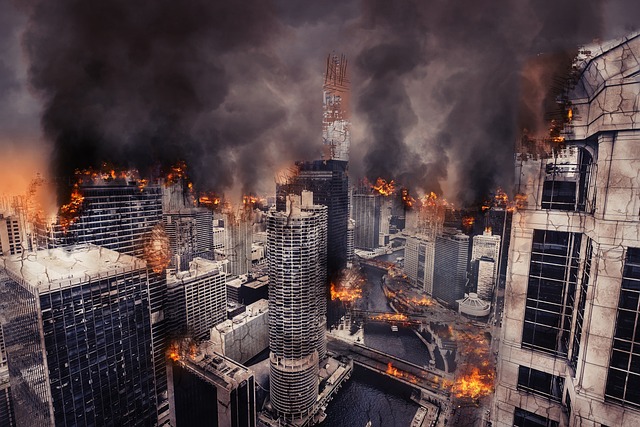
Distressed property sales, including homes with fire damage in Chicago, present unique legal considerations for both buyers and sellers. These transactions often involve properties that have undergone significant deterioration or damage, requiring careful navigation through Illinois’ legal framework. Comprending the applicable laws is crucial to ensure a smooth sale process and protect all parties involved.
In Illinois, distressed property sales are regulated by various statutes and regulations designed to safeguard consumers. When dealing with a sell house with fire damage Chicago scenario, buyers should be aware of disclosure requirements. Sellers are mandated to disclose known defects or damages, ensuring transparency throughout the transaction. Legal professionals play a vital role in advising clients on these matters, especially regarding potential liability issues associated with historical properties. Understanding the legal nuances enables stakeholders to make informed decisions, fostering a more robust and ethical market for distressed property sales.
The Process of Selling a House with Fire Damage in Chicago: Step-by-Step Guide

Selling a house with fire damage in Chicago involves a specialized process tailored to navigate the unique challenges of such sales. Here’s a step-by-step guide for homeowners looking to sell their damaged properties:
1. Assess and Mitigate Damage: Begin by thoroughly inspecting the property and assessing the extent of the fire damage. Document all affected areas with photos. Address any immediate safety concerns, such as structural instability, and consult with professionals like contractors or restoration specialists who can help mitigate the damage to make the home more appealing to potential buyers.
2. Hire a Reputable Real Estate Agent: Engage an experienced real estate agent well-versed in distressed property sales, particularly those involving fire damage. They should have a deep understanding of the Chicago market and be equipped to handle the complexities of such transactions. Your agent will help determine a competitive listing price, marketing strategies, and guide you through the legal aspects specific to selling a damaged property.
3. Disclosure and Repair Negotiations: In Illinois, sellers are legally required to disclose known defects, including fire damage. Be transparent with potential buyers about the history of the property and any ongoing repairs. Negotiate repairs or adjustments in price accordingly. This step ensures that both parties have clear expectations and helps avoid legal complications post-sale.
4. Market the Property Effectively: Your real estate agent will market the house using various strategies tailored to sell a property with fire damage. This may include highlighting potential for renovation, emphasizing location advantages, or showcasing successful restoration projects in similar properties. Effective marketing is key to attracting buyers who understand the unique value proposition of such homes.
5. Facilitate Viewings and Showings: Prepare the home for viewings by ensuring it’s safe, clean, and presentable. Address any ongoing repairs as per negotiations. Accompany buyers during showings or ensure someone is available to guide them through the property. Be patient, as selling a distressed property may take longer than traditional sales.
6. Accept an Offer and Proceed with Legalities: Once you receive an acceptable offer, review it thoroughly along with your agent. Accepting an offer locks in the buyer’s intent to purchase at that price. Your agent will guide you through the legal process, including contract negotiations, home inspections, appraisals, and closing procedures specific to selling a fire-damaged property.
Distressed property sales, particularly those involving fire-damaged homes in Chicago, require a nuanced understanding of both legal and practical considerations. As highlighted in this article, navigating these sales can be complex, from identifying eligible properties to implementing effective remediation strategies. However, by following the step-by-step guide provided, homeowners and investors alike can efficiently manage the process of selling houses with fire damage in Chicago, ensuring a successful transition while adhering to Illinois’s legal framework. This approach not only facilitates a smoother sale but also paves the way for new beginnings, transforming distressed properties into valuable assets within the vibrant Chicago real estate market.

